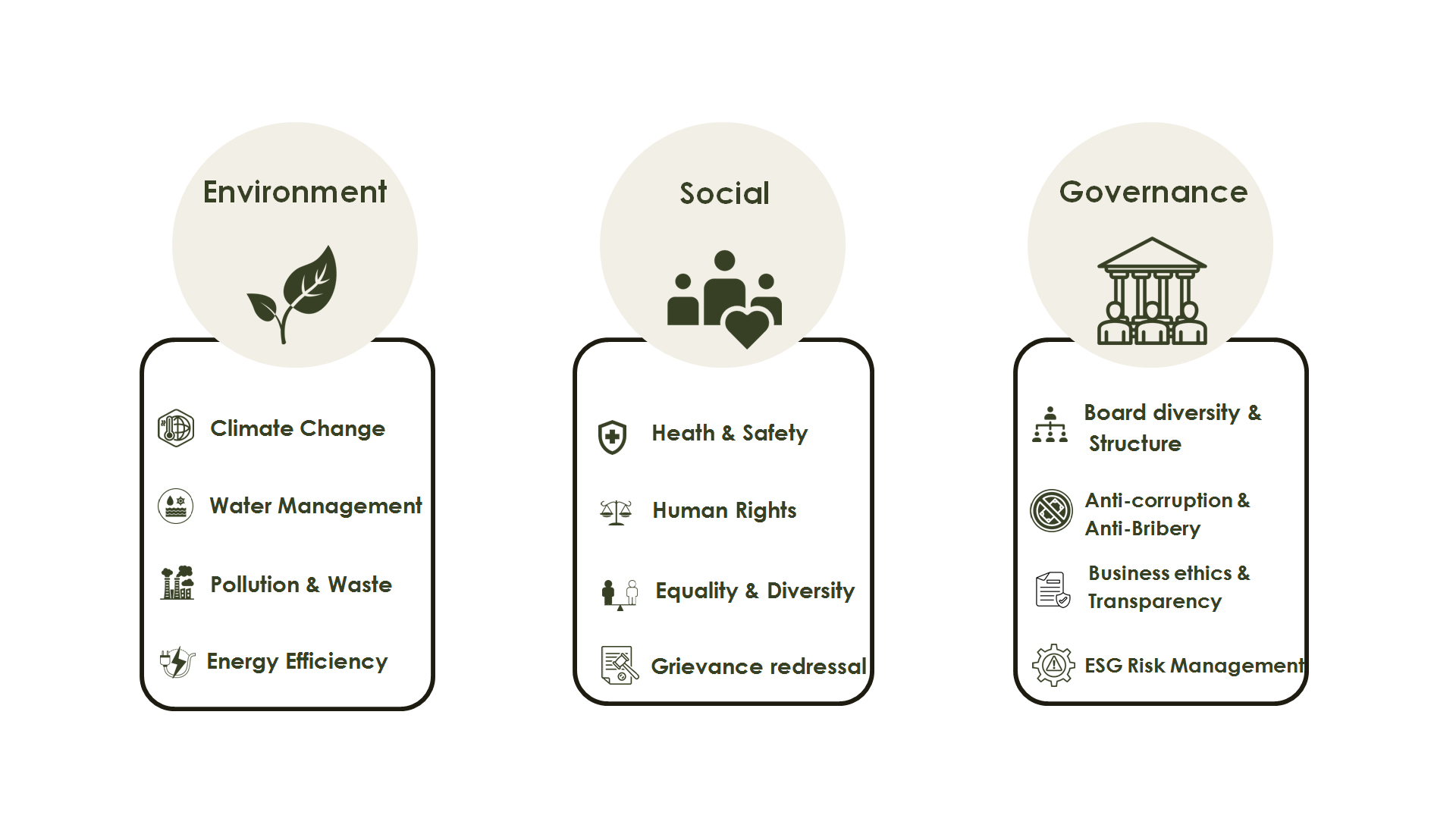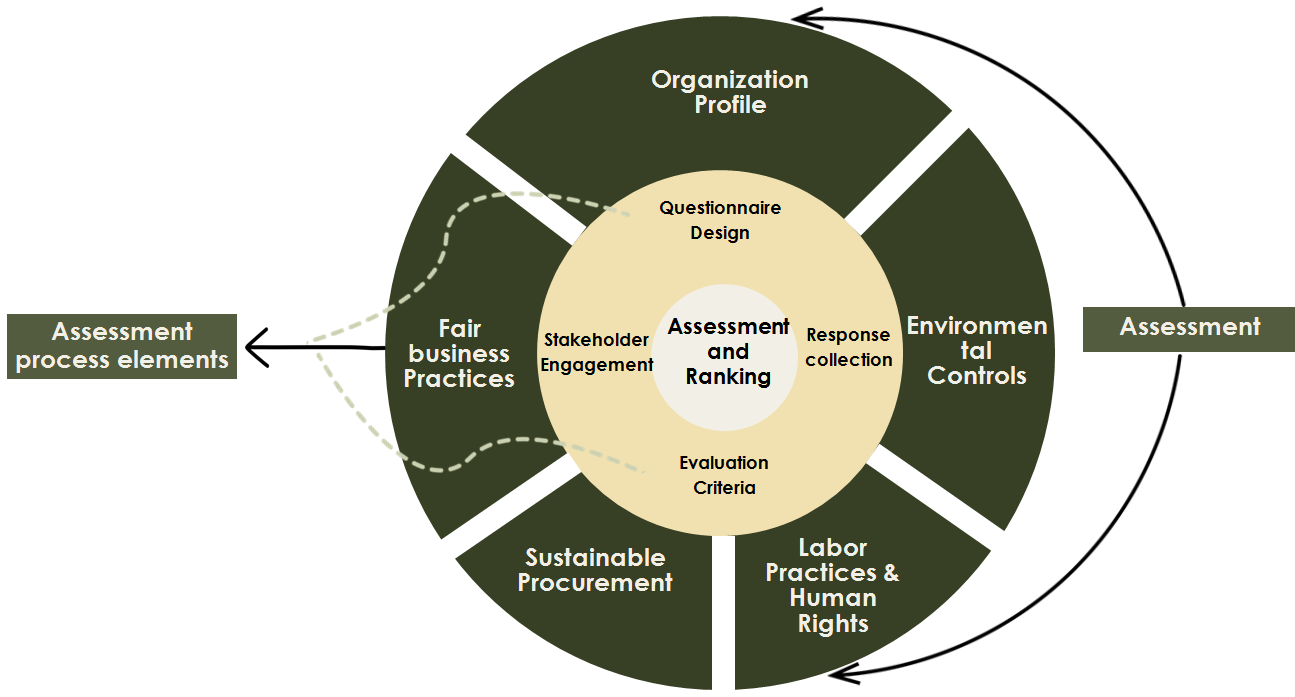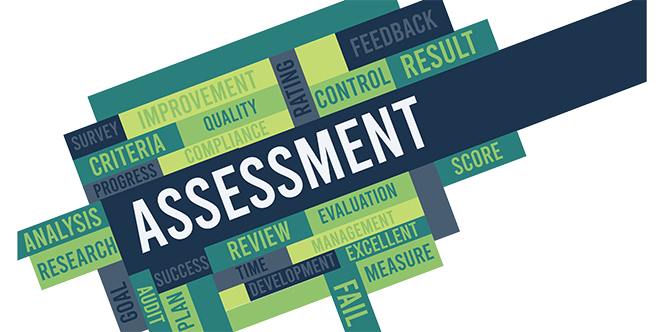Enhancing Channel Partner’s Sustainability Capabilities

In today’s business landscape, addressing environmental, social, and governance-related challenges is crucial for companies to thrive sustainably. This case study explores a proposal aimed at enhancing the sustainability capabilities of channel partners. The focus is on leveraging an Environmental, Social, and Governance (ESG) framework to capture and represent sustainability-linked performance.

The Story
Businesses worldwide face diverse sustainability challenges, necessitating the development of an effective framework to assess and improve sustainability performance. The proposed ESG framework offers a comprehensive approach to address these challenges, driving material value creation, cost reduction, efficiency improvement, and adaptation capabilities.
The objective of the proposal is to empower channel partners with the necessary sustainability capabilities to navigate environmental, social, and governance challenges effectively.
Comprehensive Sustainability Assessment
To establish a baseline, a comprehensive sustainability assessment is conducted for selected channel partners. A customized questionnaire is used, incorporating Key Performance Indicators (KPIs) from t he international standards and frameworks. The assessment data provides insights into the current capabilities of channel partners and helps set achievable improvement targets.


Sustainability Performance Improvement
Based on the assessment results, sustainability performance improvement initiatives are identified and implemented for channel partners. Normalization of assessment data establishes benchmarks, leaders, achievers, and beginners within each sustainability-linked KPI category. This categorization enables the identification of specific improvement opportunities tailored to each channel partner’s current performance.
Control Measures
To sustain and consistently improve channel partners’ sustainability performance, control measures are proposed. The COSO framework for internal controls or the Plan-Do-Check-Act (PDCA) method is utilized to establish effective control mechanisms. Regular monitoring and feedback loops enable ongoing improvement and optimization of sustainability practices.


Embedding Sustainability in Company Policy
The final proposal aims to embed sustainability in the company policy by enhancing the dealer code of conduct. This involves a three-step process:
1. Policy Landscape Analysis: Public disclosures of relevant companies are examined to understand existing guidelines and best practices.
2. Gap Assessment: A comprehensive gap assessment is conducted to identify potential improvements in the dealer code of conduct.
3. Drafting and Refinement: A draft of the enhanced dealer code of conduct is written, refined, and aligned with quality, coverage, and specificity standards.
Conclusion
The proposed approach to enhance channel partners’ sustainability capabilities through the implementation of an ESG framework offers significant opportunities for material value creation, improved sustainability performance, and long-term business resilience. By conducting a comprehensive sustainability assessment, implementing tailored improvement initiatives, establishing control measures, and embedding sustainability in company policy, businesses can foster a culture of sustainability throughout their supply chains, effectively addressing environmental, social, and governance challenges.
